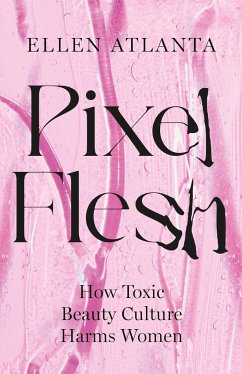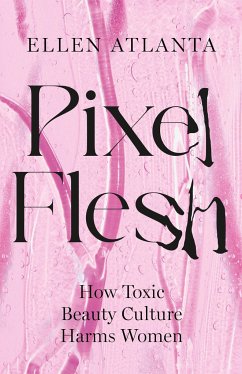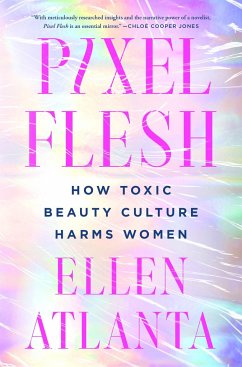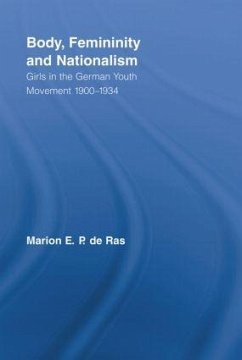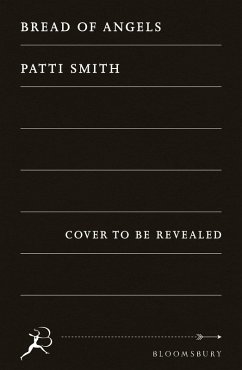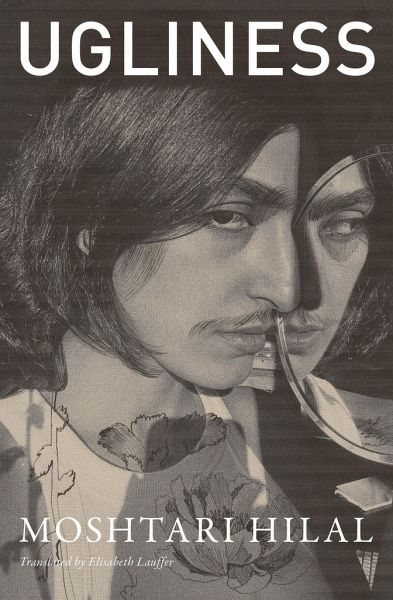
Ugliness

PAYBACK Punkte
6 °P sammeln!
"A sweeping meditation on a subject rarely addressed . . . Hilal takes on our beauty-worshipping celebrity culture and the beauty industry for . . . keeping women in an expensive prison of self-doubt . . . Ugliness makes a 'big picture' argument, panning outward from one young woman's life to some of the largest issues we confront globally—hence to all of our lives."—Rhonda Garelick in The New York Times How do power and beauty join forces to determine who is considered ugly? What role does that ugliness play in fomenting hatred? Moshtari Hilal, an Afghan-born author and artist who lives i...
"A sweeping meditation on a subject rarely addressed . . . Hilal takes on our beauty-worshipping celebrity culture and the beauty industry for . . . keeping women in an expensive prison of self-doubt . . . Ugliness makes a 'big picture' argument, panning outward from one young woman's life to some of the largest issues we confront globally—hence to all of our lives."—Rhonda Garelick in The New York Times How do power and beauty join forces to determine who is considered ugly? What role does that ugliness play in fomenting hatred? Moshtari Hilal, an Afghan-born author and artist who lives in Germany, has written a touching, intimate, and highly political book. Dense body hair, crooked teeth, and big noses: Hilal uses a broad cultural lens to question norms of appearance—ostensibly her own, but in fact everyone's. She writes about beauty salons in Kabul as a backdrop to the U.S. invasion of Afghanistan, Darwin's theory of evolution, Kim Kardashian, and a utopian place in the shadow of her nose. With a profound mix of essay, poetry, her own drawings, and cultural and social history of the body, Hilal explores notions of repulsion and attraction, taking the reader into the most personal of realms to put self-image to the test. Why are we afraid of ugliness?





